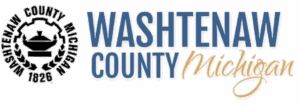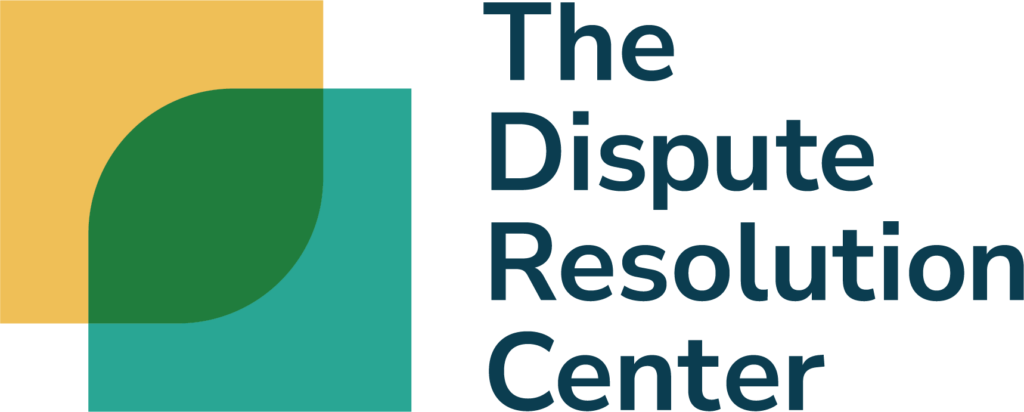
Mission
The Dispute Resolution Center (DRC) is hosting statewide 2025 Michigan Restorative Justice Summit, as an opportunity to invite, meet, and collaborate with practitioners, partners, and stakeholders of restorative practice in all its forms.
The Summit strives to continue to create spaces of dialogue, explore and expand how we practice this work, as well as, disrupting systems of colonization and oppression, building more restorative spaces, advocating for criminal legal reform in our communities, and what the future holds for RJ.
Vision
To honor and reclaim the true tenets of peacemaking and restorative justice means to move from a punishment and control mindset to centering healing and humanity. By embracing and practicing a restorative justice way of life, we must commit to healing ourselves, each other and our communities.
We recognize that this paradigm shift is not a moment, but a movement. The summit supports building trust and solidarity and how it can create space for resistance and movement building - whether that looks like rest, being in community, taking action and mobilizing around legislation. We seek to build a world of healers, peacemakers, and justice warriors and we hope you share in this vision too.
Stay Connected to Summit News!
Follow us on Facebook, Instagram, and LinkedIn for the latest updates on speakers, breakout sessions, and more.
Dates:
Thursday October 30, 2025 - Friday October 31, 2025
Location:
Eastern Michigan University - Student Center, 900 Oakwood St, Ypsilanti, MI 48197
Thank you to our Co-partners and Planning Committee Members:
Thank You to the Washtenaw County New Human Services Partnership for making this event possible!

Interested in Volunteering at the Event?
Need volunteer hours for a class, organization, or just want to support a worthy cause?
We will be looking for volunteers to help with various things throughout the event. Details coming soon!
If interested, email us at: rjsummit@thedrcmi.org and include "VOLUNTEER" in the email title. Volunteers will also receive a registration discount.
Help us spread the word!
Download the event brochure to share with friends, family, colleagues!
Or post the flyer at your office for all to see!
